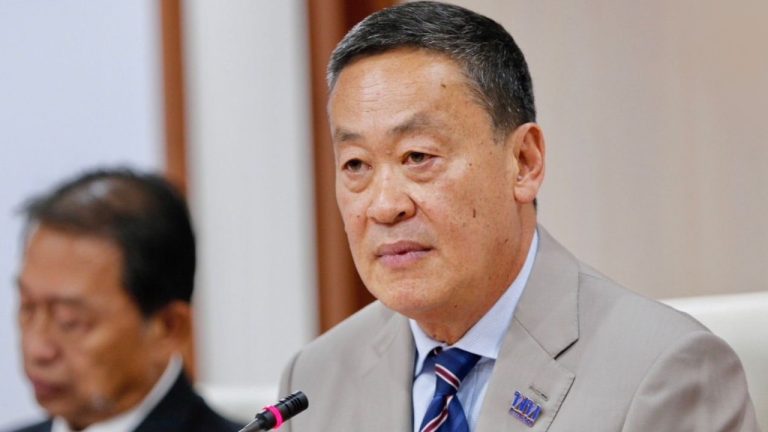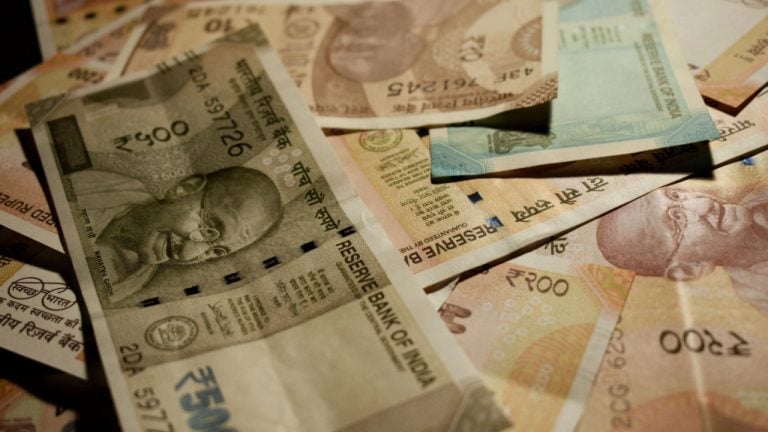
Thailand’s digital minister said he would seek a court order to shut Facebook in the country unless it takes action on the alleged scams.
Thailand is planning to seek a court-issued shutdown order against Facebook unless it takes steps to deal with alleged investment and crypto scam ads on its platform.
On Aug. 21, the Ministry of Digital Economy and Society (MDES) stated over 200,000 people had been duped by Facebook ads that touted crypto scams, investing in fake businesses and faked government agencies such as the Securities and Exchange Commission.
Popular tactics used by the scammers included crypto investment and trading scams, MDES claimed. Some ads also allegedly used images of celebrities and well-known financial figures along with promises of up to 30% daily returns to lure people into the schemes.
MDES Minister Chaiwut Thanakamanusorn said the ministry had been in talks with and sent a letter to the Meta-owned platform over the issue but claimed it's failing to screen advertisers.

The ministry is currently gathering evidence of the scam ads which it said numbered over 5,300 — at the end of the month, it’s ready to ask a court to shut down Facebook within seven days.
Related: Hong Kong’s crypto stance: Execs weigh in on Web3 in the region
The ministry warned on how such scams typically operate saying consumers should be wary of promises of high and guaranteed returns along with ads using images of well-known figures.
Investments that pressure or give incentives to quickly invest with limited offers should also be approached with caution as well as businesses or platforms with no verifiable information.
Cointelegraph contacted Meta but did not immediately receive a response.
Magazine: Web3 Gamer: GTA 6 crypto rumors, Dr Who/Sandbox, Thai tourist NFTs review









